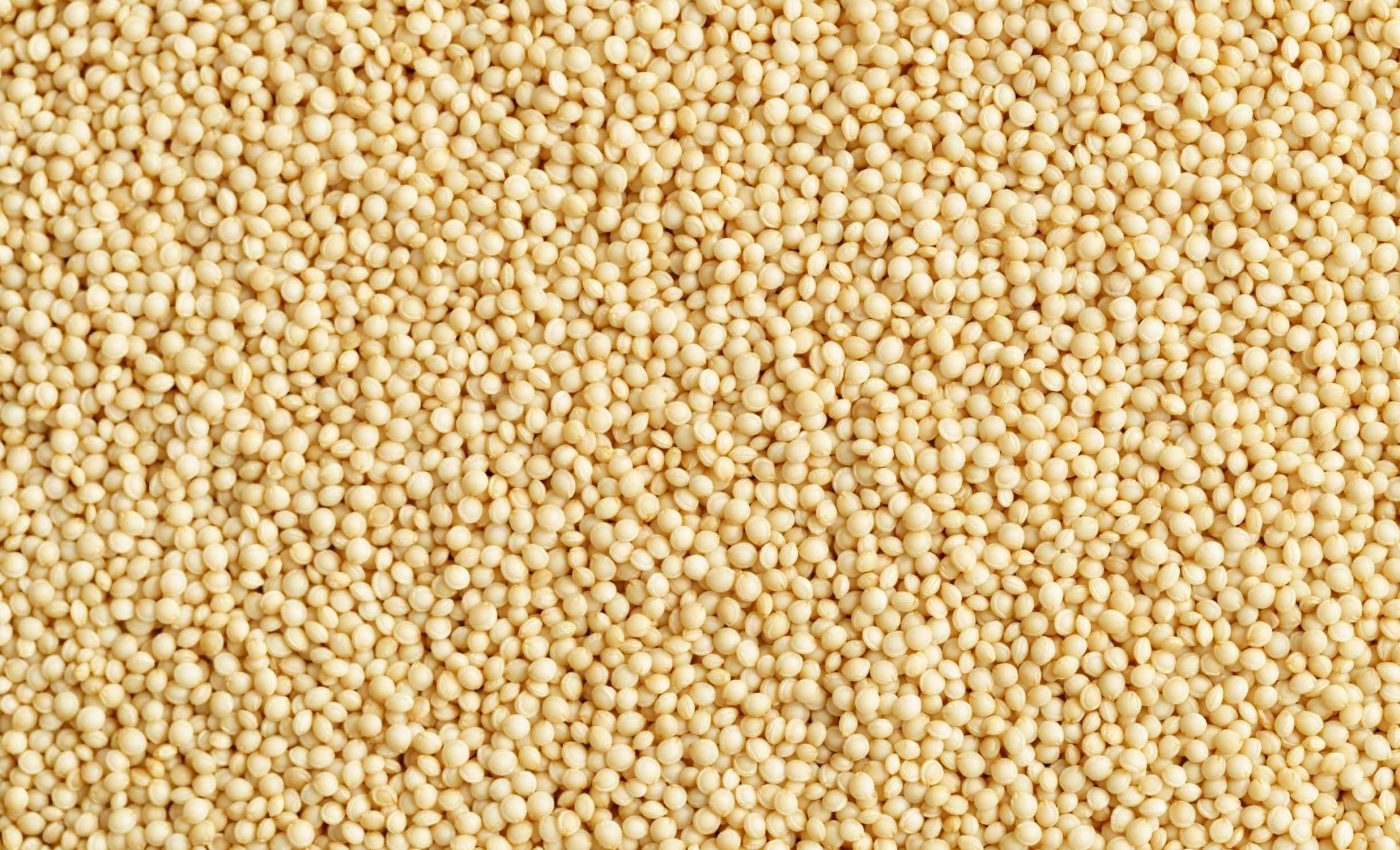
This seed, rich in calcium and iron, prevents tumors and keeps bones strong
A seed with a firm reputation has sparked fresh interest among nutrition enthusiasts. It contains high amounts of minerals and protein that seem to benefit many areas of human health.
Amaranth is considered a pseudocereal, which means it is used like a cereal grain, yet it belongs to a different botanical group. Dr. Julieta M. Lopez-Martinez notes that this seed’s calcium and iron content is significant enough to get people talking about its potential to keep bones strong and reduce the chances of unhealthy cell changes.
Amaranth seeds’ nutritional makeup
Amaranth seeds contain amino acids that help the body in different ways. They offer a good balance of essential nutrients that are often missing in standard wheat-based foods.
Their level of vitamins, including vitamin A, helps the body maintain healthy tissue. They also have magnesium and potassium, minerals important for well-rounded nutrition.
One study shows that amaranth seeds are a nutritious gluten-free food that has long been part of diets in South and Central America.
This same source highlights that amaranth supports individuals who prefer or require diets without wheat.
Why bone health matters
Maintaining strong bones can lower the chance of issues like osteoporosis. Calcium is a key mineral for keeping bones dense and sturdy.
Low bone density tends to appear as we age, but a balanced diet can help reduce the likelihood of fractures or osteopenia, which is the stage before full bone density loss.
Amaranth brings a notable amount of calcium to a meal, which can encourage better skeletal strength.
Amaranth seeds vs. other grains
When compared to wheat or corn, amaranth stands out for its higher levels of lysine, an essential amino acid that supports tissue repair and calcium absorption.
Most common grains are low in lysine, making amaranth a more complete protein source, especially for people who avoid animal products.
It also has more iron and magnesium than rice or oats, according to USDA data.
These added nutrients help fill common dietary gaps and may reduce the need for supplements in some cases, particularly for people with increased nutrient demands.
Protecting cells from harm
Scientists have explored amaranth’s role in keeping certain cells healthier by limiting damage. The seed contains squalene, a plant-based oil that acts as part of the body’s line of defense against free radicals.
Free radicals are unstable molecules that can harm cells when present in excess amounts, so having antioxidants around is thought to reduce the burden on tissues.
The reduced damage may translate to fewer abnormal growths. Some researchers suggest that this seed may also help reinforce the immune system’s regular defenses.
Making it part of daily meals
Amaranth seeds work well in dishes like soups or cereals. Their mild taste blends nicely with many recipes.
People with celiac disease, a condition marked by sensitivity to gluten, sometimes struggle to find grain alternatives.
Amaranth’s natural gluten-free profile allows them to enjoy baked goods without risking inflammation in the digestive system. It can also help regulate overall calorie intake because it has protein and fiber that lead to more satiety.
Including amaranth in easy dishes like salads or morning porridge is a handy way to build variety.
Experts also encourage soaking or lightly heating the seeds to boost mineral absorption by reducing phytate, a substance that binds certain nutrients.
Boosting fitness, controlling weight
Protein plays an essential part in muscle growth and repair. Athletes and gym enthusiasts often search for nutritious foods that fit well with their routines.
Many of them try protein-rich snacks that maintain energy and curb hunger. Amaranth’s protein can encourage muscle upkeep, which is vital for regular exercise sessions. Its mixture of protein, fiber, and moderate carbs helps the body refuel.
How to eat amaranth seeds daily
When the immune system weakens, everything from seasonal illnesses to more serious ailments can arise. Amaranth’s vitamins and minerals are valuable for keeping these natural defenses on track.
Amaranth seeds supply vitamin C, vitamin E, and other micronutrients to support the body’s response to daily stressors.
Some references also indicate that consistent consumption may help individuals meet their nutritional quotas for the day.
Amaranth can be popped in a hot pan. It can be boiled for about 20 minutes in a pot of water. It works well as a thickener in soups, adding both texture and extra minerals.
Grinding it into flour allows bakers to experiment with gluten-free breads or pancakes. Some people try it in smoothies for a simple morning meal. Moderation is still wise, but the overall nutritional package can support a healthy eating plan.
The study is published in Sarhad Journal of Agriculture.
—–
Like what you read? Subscribe to our newsletter for engaging articles, exclusive content, and the latest updates.
Check us out on EarthSnap, a free app brought to you by Eric Ralls and Earth.com.
—–













